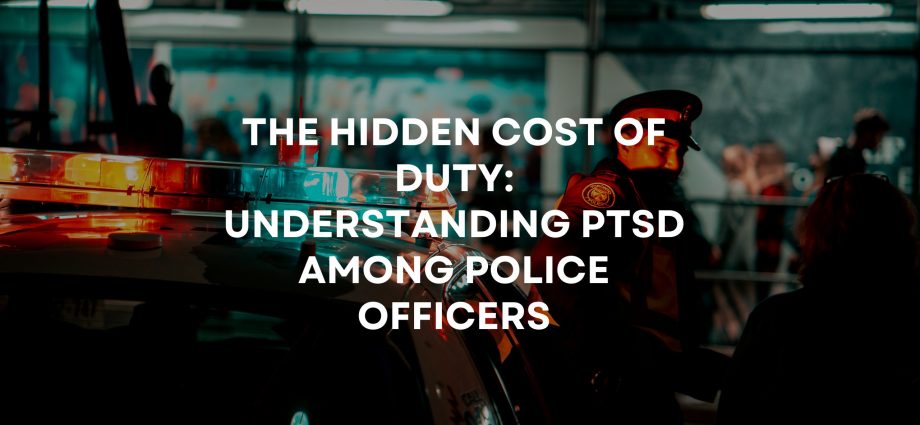Introduction
Police officers are the backbone of society, upholding law and order while frequently encountering violence, distress, and life-threatening situations. Yet, behind the uniform and the badge, many officers suffer from the silent wounds of their service—psychological trauma. Recent research by Cambridge University highlights a concerning reality: post-traumatic stress disorder (PTSD) is alarmingly prevalent among law enforcement personnel, often going unnoticed or untreated. This article delves into the key findings of this study, the implications for officers’ mental health, and potential solutions to address this growing crisis.
Key Findings of the Cambridge University Study
1. PTSD Prevalence Among Officers
- The study found that a significant percentage of police officers experience PTSD symptoms, with many cases going undiagnosed.
- A 2022 study by Cambridge University revealed that nearly 20% of police officers suffer from PTSD, yet only 2% receive a formal diagnosis.
- The nature of police work—constant exposure to violence, death, and high-stress situations—makes officers particularly vulnerable.
- Stigma within law enforcement often prevents officers from seeking psychological help.
2. The Psychological Toll of Repeated Trauma
- Unlike civilians who may experience a traumatic event once or twice in a lifetime, police officers face trauma almost daily.
- Studies show that officers exposed to multiple traumatic events are five times more likely to develop PTSD than those with minimal exposure.
- Repeated exposure to traumatic events can lead to complex PTSD, which includes symptoms like emotional numbness, flashbacks, and hypervigilance.
- The study suggests that untreated PTSD can lead to substance abuse, relationship problems, and even suicidal ideation.
3. Barriers to Mental Health Support
- Officers fear being perceived as weak or unfit for duty if they seek help.
- A 2021 survey by the Police Federation found that 69% of officers said stigma prevented them from accessing mental health services.
- There is a lack of proper mental health support and resources within many police departments.
- Many officers are unaware of the symptoms of PTSD, leading them to dismiss their struggles as mere job-related stress.
Real-Life Implications: Stories from the Field
- Case Study 1: An officer who witnessed multiple fatal accidents over a decade began experiencing severe nightmares and anxiety. Instead of seeking help, he turned to alcohol as a coping mechanism, which eventually led to disciplinary action and early retirement.
- Case Study 2: A policewoman who responded to a mass shooting developed chronic PTSD but remained silent for years, fearing judgment from colleagues. Only after suffering a breakdown did she seek therapy, which ultimately helped her return to duty.
Addressing the Issue: Solutions for Law Enforcement Agencies
1. Normalizing Mental Health Conversations
- Police departments must foster a culture where seeking psychological help is encouraged rather than stigmatized.
- High-ranking officials should openly discuss their own struggles, setting an example for their teams.
2. Implementing Routine Mental Health Screenings
- Just as officers undergo regular physical check-ups, psychological evaluations should be made mandatory.
- Early detection of PTSD can prevent long-term mental health deterioration.
3. Providing Accessible and Confidential Support Systems
- Departments should establish 24/7 helplines, peer support groups, and confidential therapy services.
- Online resources and mobile apps tailored to first responders’ mental health needs can provide discreet assistance.
The Power of Visuals: Raising Awareness Through Media
- Infographics: Data on PTSD rates among officers compared to civilians.
- Short Documentary: A mini-documentary featuring officers who have overcome PTSD.
- Interactive Online Test: A self-assessment tool for officers to check their mental well-being.
Conclusion
The findings from Cambridge University serve as a wake-up call. PTSD among police officers is a silent epidemic that must be addressed with urgency. By fostering a culture of awareness, providing adequate mental health resources, and encouraging officers to seek help without fear, law enforcement agencies can safeguard the well-being of those who risk their lives daily. It is time to prioritize the mental health of our protectors—because they, too, deserve protection.

